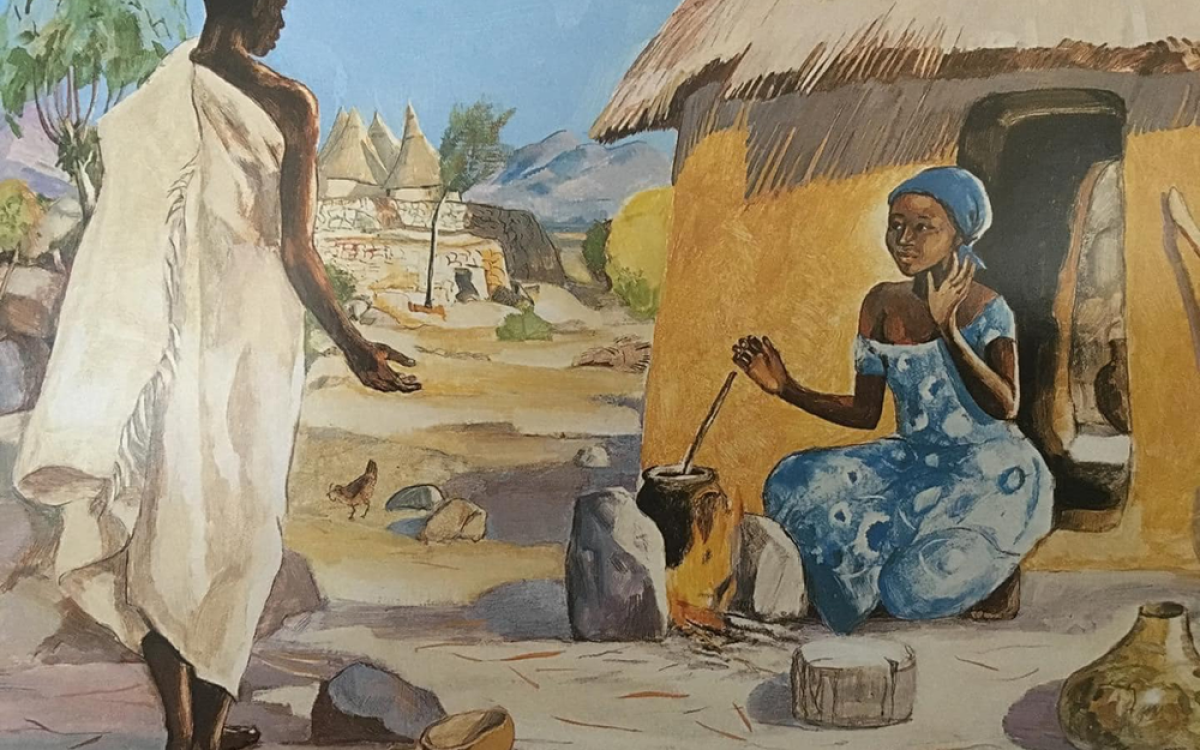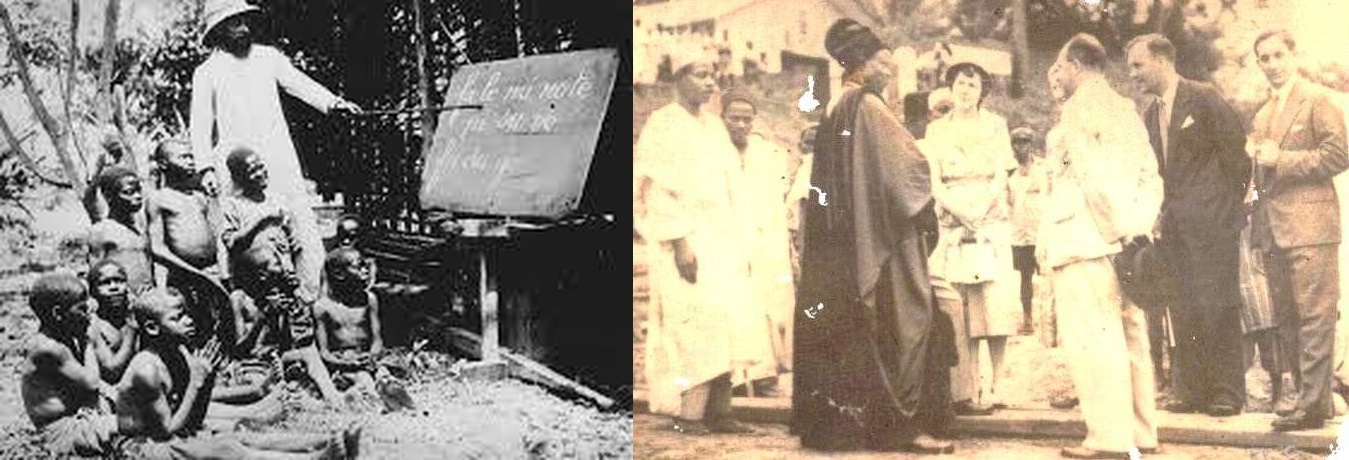Since I started enjoying narrative analysis of the Bible, I have come to appreciate Mariology better.
For example, two things strike me in the Lucan narrative of Jesus’ birth annunciation in Luc 1: 26-38. They are his insistence on Mary’s identity and the audacity of Mary to alter the entire paradigm of the biblical birth annunciation structure.
First, Luc starts the narrative curiously, ensuring the reader understands that Mary is of low origin” the angel Gabriel was sent by God to a town in Galilee called Nazareth.” He made sure the reader understood that Mary was from an unknown city, not worthy of a traditional Messiah like Nathaniel would ask: “Nazareth! Can anything good come from there?” (John 1:46).
Furthermore, as long as we would want to make Mary an exceptional woman, Luc hadn’t that intention. And if you ask me, the hermeneutics that tends to make her exceptional is interested in isolating her from the rest of the women. However, when Luc insists on letting us know that Mary was a young lady, he wants us to understand that in her culture, Mary had no value as an unmarried lady. But not for God, as Luc allowed us to hear from the Angel, “Do not be afraid, Mary, for you have found favour with God.” And this, even when Mary, unlike Jesus, was of no royal blood and had no known name,” a virgin engaged to a man whose name was Joseph, of the house of David. The virgin’s name” (27).
Moreover, in all annunciation narratives, there is a repercussion whenever the receiver of the message questions the message but not Mary. God made an exception for Mary, where patriarchs and priests were punished. That’s a disruption of tradition and disruptive hermeneutics orchestrated by God through Mary. So, Mary’s annunciation narrative is a holy Lucan (subtle) subversive narrative.
In the feast of annunciation, God opened a new era to the human race. He showed us that God does not follow our cultural and religious plans. He is free to choose, and really chooses those that society and religion exclude.







1 Comment
[…] the annunciation narrative, God disrupts the sacred history in various ways. For instance, the Angel was sent to an […]